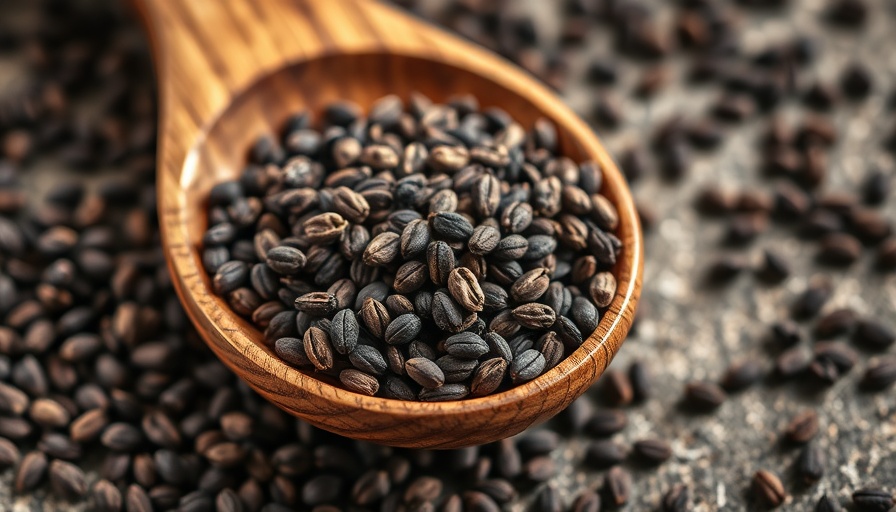
Understanding Cancer Metastasis and Nutrition
Cancer metastasis is often the game-changer in cancer treatment, significantly affecting survival rates. While localized breast cancer has a five-year survival rate of nearly 99%, this drastically reduces to just 27% when cancer spreads (or metastasizes) to other parts of the body. As researchers continuously search for effective treatments, they are uncovering the crucial link between diet and cancer progression, especially concerning saturated fats.
The Role of Saturated Fats in Cancer Survival
Studies have shown a significant correlation between high saturated fat intake and breast cancer mortality. Saturated fats, common in meat and dairy products, can activate a fat receptor known as CD36, which aids in cancer cell spread. This has led to the conclusion that limiting saturated fat could be beneficial for metastasis control.
Healthier Dietary Choices
Researchers emphasize that shifting away from high-fat dairy can lead to better outcomes for cancer survivors. For instance, women who consume high-fat dairy face about a 50% increase in the risk of breast cancer-related deaths. On the other hand, incorporating low-fat options into meals could dramatically improve survival chances.
What Science Tells Us About CD36
The receptor CD36 has stood out in research for its compelling link to cancer risk. Those carrying specific variations of the CD36 gene may face up to eight times higher risk for colorectal cancer when consuming high meat diets. Making educated dietary decisions could play a pivotal role in lowering this risk.
Inspiring Change Through Dietary Intervention
A recent clinical trial highlighted the positive impact of reduced fat intake on women who previously battled early-stage breast cancer. Participants who significantly lowered their fat consumption observed promising improvements. Following a low-fat diet for five years can aid recovery and enhance well-being post-surgery.
Importance of a Teachable Moment
A cancer diagnosis often empowers individuals to reassess and modify their lifestyle choices. This teachable moment could help highlight the importance of diet in managing health. Providing evidence-based dietary guidelines can motivate patients to make impactful changes to their nutrition that may promote their longevity and well-being.
Finding Support in Dietary Changes
Switching to a healthier diet doesn’t have to feel overwhelming. Engaging in community support groups can be a fantastic way to share recipes and tips. Furthermore, exploring local farmers' markets can help individuals get fresh produce and make exciting, healthy dishes.
In conclusion, by understanding the link between diet and cancer, individuals can make informed choices that potentially improve survival rates. Emphasizing low-fat options and fresh ingredients will not just serve as a means of cancer prevention but shape a healthier lifestyle for everyone.
 Add Row
Add Row  Add
Add 




 Add Row
Add Row  Add
Add 

Write A Comment